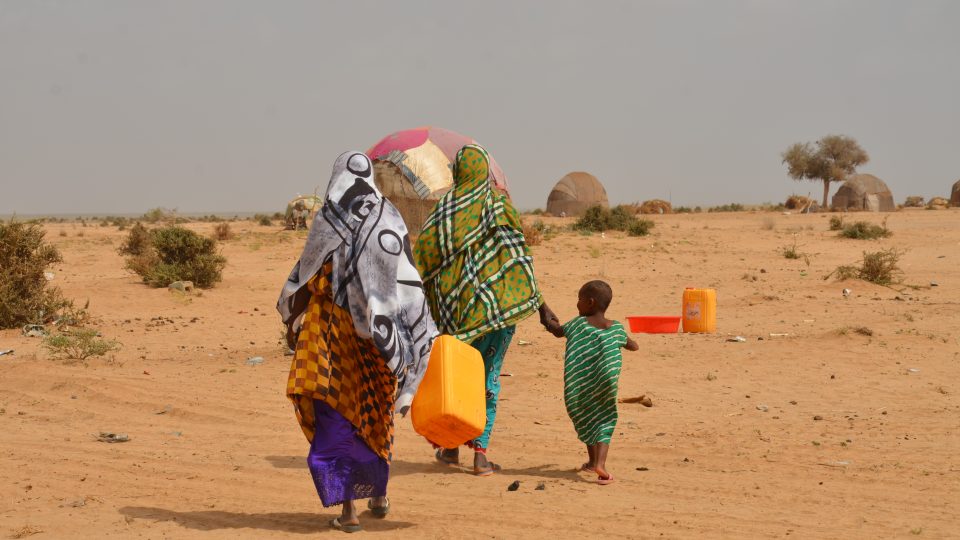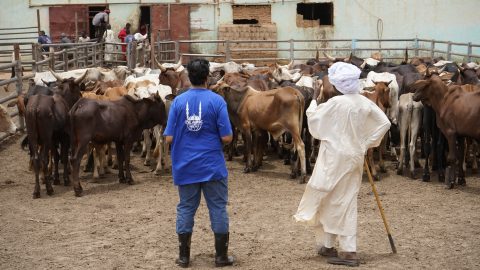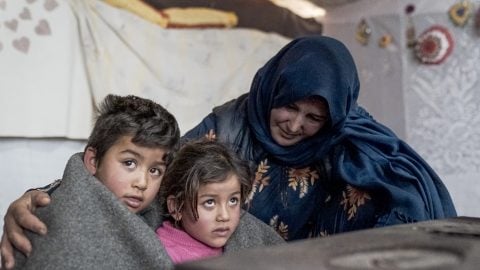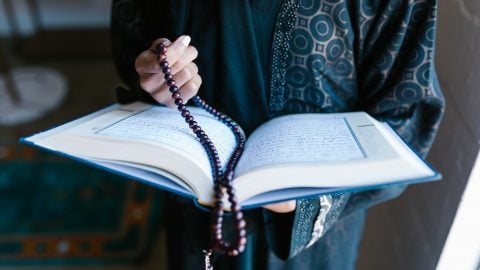On World Environment Day 2022, our head of global advocacy, Shahin Ashraf, explains why Islamic Relief is throwing our weight behind the #OnlyOneEarth campaign as an humanitarian organisation.
Calling for global, unified and transformative action on World Environment Day
As climate change continues to devastate communities around the world, the responsibility to build a greener and more sustainable planet becomes increasingly urgent. To build resilience in vulnerable communities, we need to take bold and swift action which speaks to the experiences of these communities bearing the brunt of climate change.
Above all, such a commitment demands collective action: the compassion and unity shown by the international community in the recent Ukraine crisis, for instance, illustrates the possibilities that can arise when we work together. This sort of concerted, rapid, and decisive action can – and must – be extended to the climate crisis.
In Canada, the Humanitarian Coalition is one example of an effort to put forth a united response to global crises. The coalition brings together leading aid organizations to provide Canadians with a simple and effective way to help during international humanitarian disasters. We have seen through the response of the Coalition to the Beirut blast how effective such strong alliances can be. Now we just need a similar response for climate change – and there’s no better time to start than World Environment Day!
Indeed, our failure to do so carries severe consequences, with the most marginalised groups bearing the brunt.
Sea intrusion caused by climate change displaces people in Pakistan
“Left at the mercy of the sea”
In Pakistan, which ranks among countries most affected by climate change according to a 2020 report, the increase of earthquakes, floods, and droughts have meant that local communities struggle to survive. Ateef, a 65-year-old security guard in Dasi, is just one of over 860,000 estimated climate migrants displaced from their native land.
Having worked for 30 years as a fishermen and farmer in his native town of Babloo, Ateef was forced to migrate together with his entire community after he lost his land and animals due to sea intrusion and lack of fresh water.
In Dasi, where they live now, Ateef explains that they lack access to fresh water, educational institutions, and medical infrastructure – with the latter leading to major health issues like asthma, diarrhoea, and pregnancy complications for women.
“We are living a very miserable life,” Ateef tells us, “Our children don’t have a school or madrassah (religious school) to attend. Nor do we have any electricity or sanitation facilities. We all are left at the mercy of the sea.”
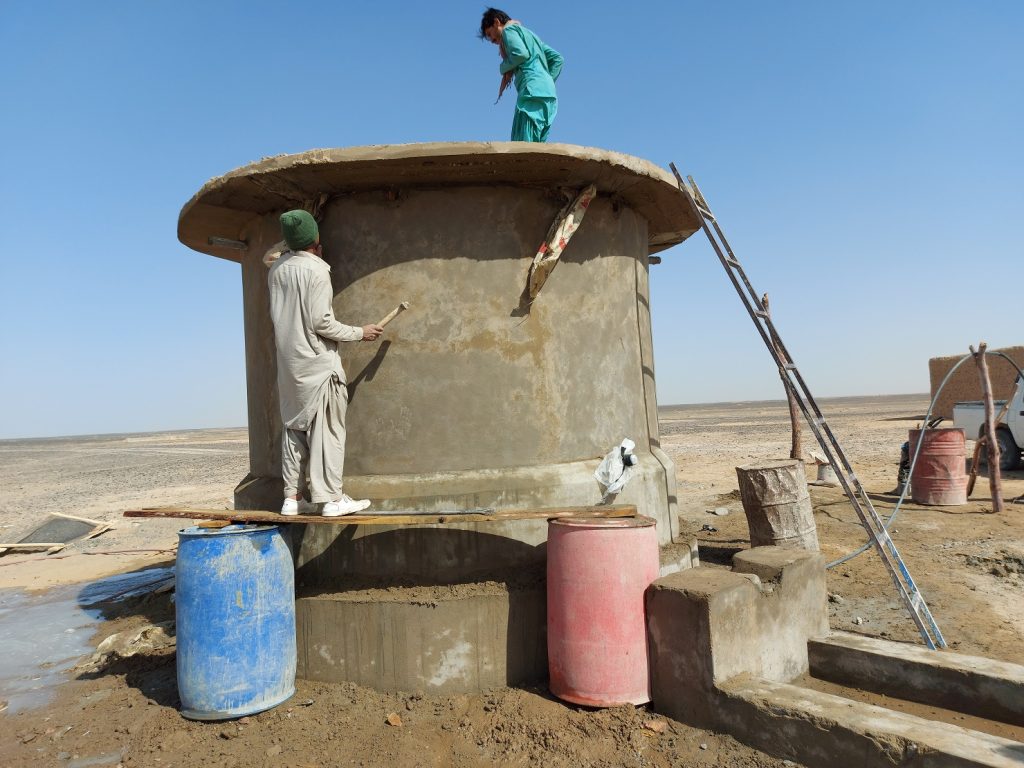
To provide relief and develop resilience-building strategies, Islamic Relief is working with local communities in Pakistan to deliver innovative and sustainable projects. Among others, our projects involve introducing rainwater-harvesting structures and training on climate-adaptive farming. Such interventions help farmers to ensure their crops remain safe from droughts. Islamic Relief also supports local communities in rebuilding housing, small businesses and sanitation facilities.
Bringing attention to disrupted farming practices in Indonesia on World Environment Day
Farmers in Indonesia similarly face loss of livelihood as climate change affects farming practices. Although farmers have traditionally relied on indigenous practices to predict rainfall, such as Warige and tumbuk, these practices now struggle to keep pace with changing weather patterns.
“In the past, the predictions of our older people were always accurate, yet nowadays, the prediction is sometimes incorrect as climate change is affecting the rain” explains Ahmad, a leader of the local farmers’ group.
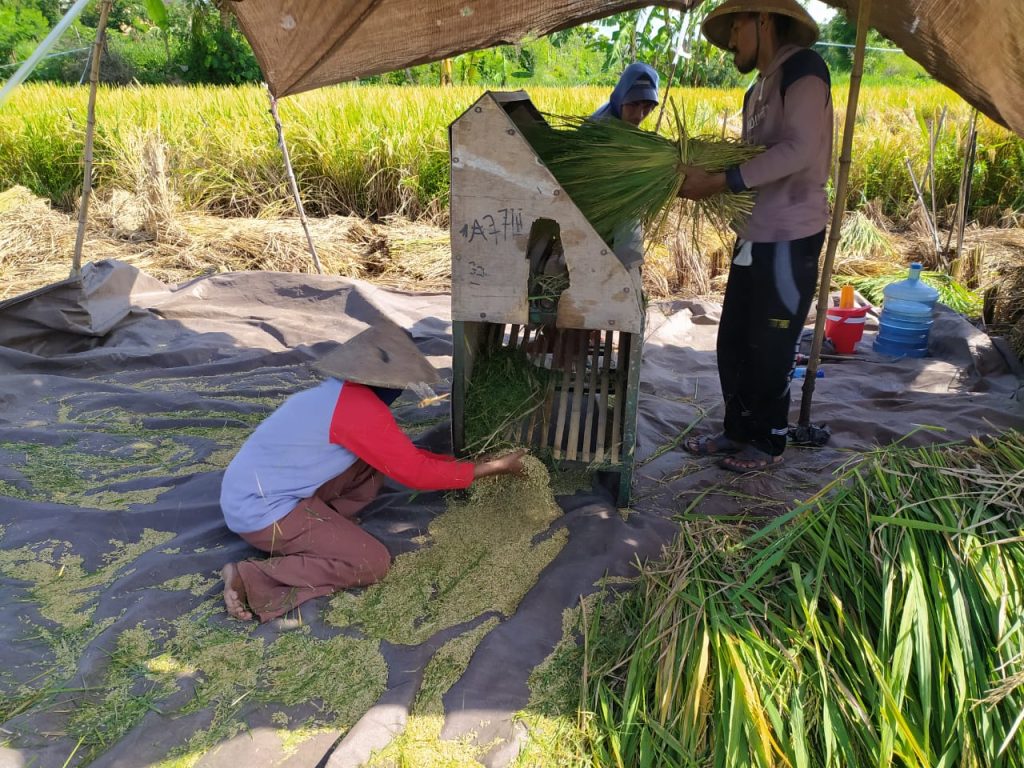
Climate Change Adaptation case study
This means that salt farmers, who need to mature the salt during the dry season, are being caught off guard by unpredictable rain while rice farmers are seeing a drastic drop in productivity due to extended periods of drought and a shortened rainy season.
Through climate change field school, Islamic Relief is taking the steps to train local populations in community-based adaptation methods. These include measuring daily rainfall and adjusting crop plantations based on quarterly climate predictions. The farmers are combining indigenous knowledge with modern scientific methods to improve reliability and productivity.
Humanitarian crisis in Ethiopia: Climate change meets conflict
On its fourth consecutive year of failed rains, Ethiopia is facing the worst drought in the Horn of Africa since 1981. More than 7 million people are already suffering from malnutrition and 39% of the population does not have access to a safe water supply.
As the drought exacerbates the effects of internal conflict, Ethiopians are experiencing extreme insecurity and struggling to sustain daily life.
With the help of Islamic Relief, Ayana, a 29-year-old mother of 2, has been able to form a women’s village saving and credit association with her local community. She uses the money to buy cattle for members of the group.
Due to the drought and shortage of cattle fodder, however, Ayana and her group were forced to sell the livestock after 1 out of the 5 cattle died. Despite this, Ayana says she remains hopeful for the future:
“Above all, we have learn the advantages of organizing ourselves in village saving associations. Our plan now is to grow together by expanding and diversifying our business.”
Ayana
This World Environment Day and beyond, it is crucial that we prioritize the stories and insights of communities disproportionately affected by climate change, such as those in Pakistan, Indonesia, and Ethiopia.
We only have one Earth, and it belongs to us all.
Islamic Relief is committed to working with local communities to provide relief, build resilience and produce adaptive strategies. Donate today to support our vital work.
*Names have been changed to protect identities.


